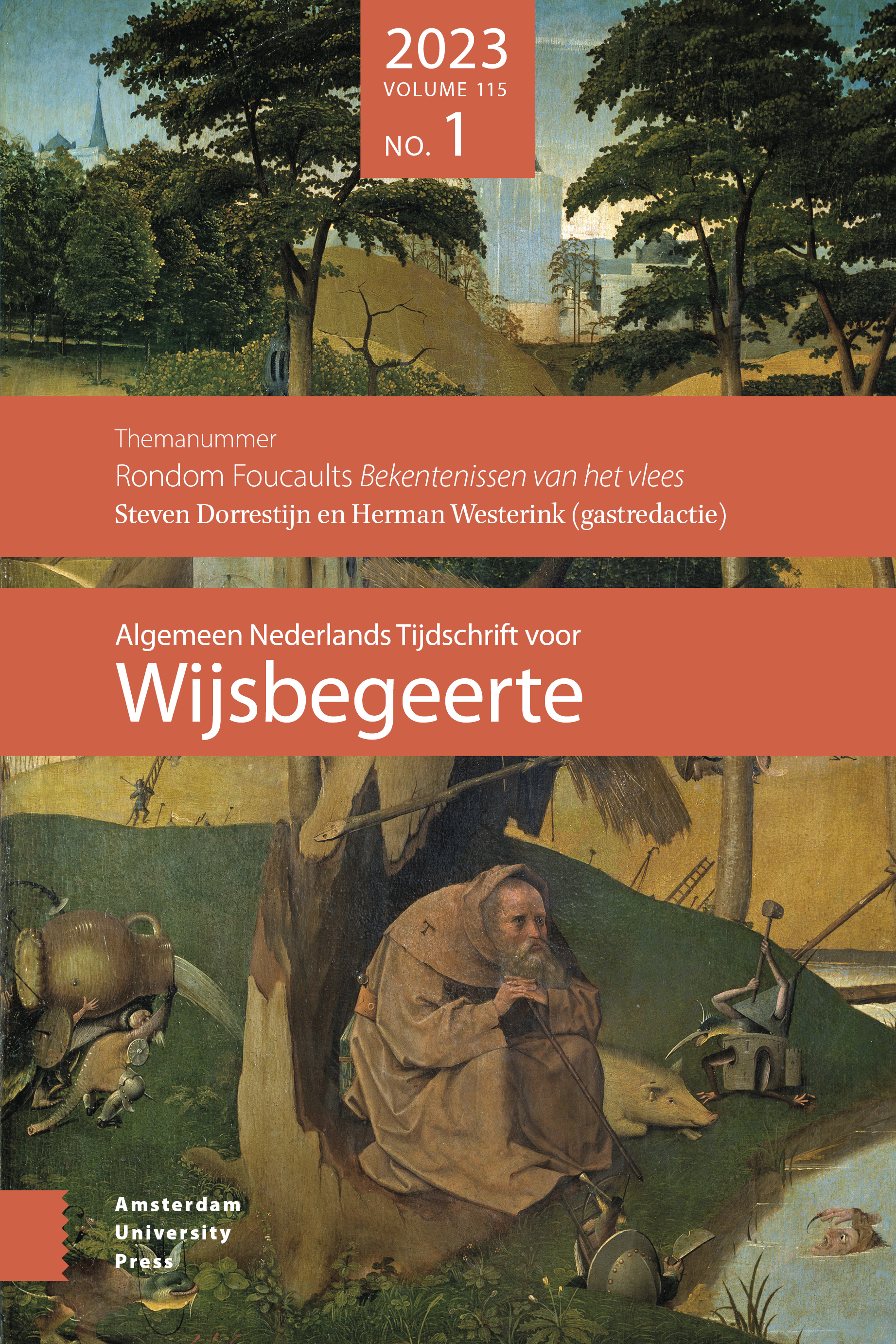-
oa Het geweten – een katholiek antropologische verkenning
- Amsterdam University Press
- Source: Algemeen Nederlands Tijdschrift voor Wijsbegeerte, Volume 109, Issue 3, Aug 2017, p. 365 - 383
Abstract
Conscience – a catholic anthropological vision
In the catholic tradition conscience always played an important role as visible in the ‘clausula Petri’ (Ac 5,30-33) or in Paul’s belief in its wisdom (Rm 2,14-16). Conscience can break rules (‘epikeia’), but should not stand up against the church as such. Luther’s historical deed left behind a distrust in conscience in the Catholic Church; it took 400 years to restore Paul’s vision of the conscience as the highest authority – if it is formed and reaches the state of maturity. By his conscience, man is called to be as God created him; he is called by others to develop and to respect their dignity. He is also called by the world to form it according to its higher possibilities which cannot be realized but by man. Conscience is God’s voice in the person where his promises can be heard. Though conscience is free, it is the place where responsibility is formed according to what someone can and should do. This is why the conscience will keep its unavoidable and undeniable role – even in a postmodern context.


